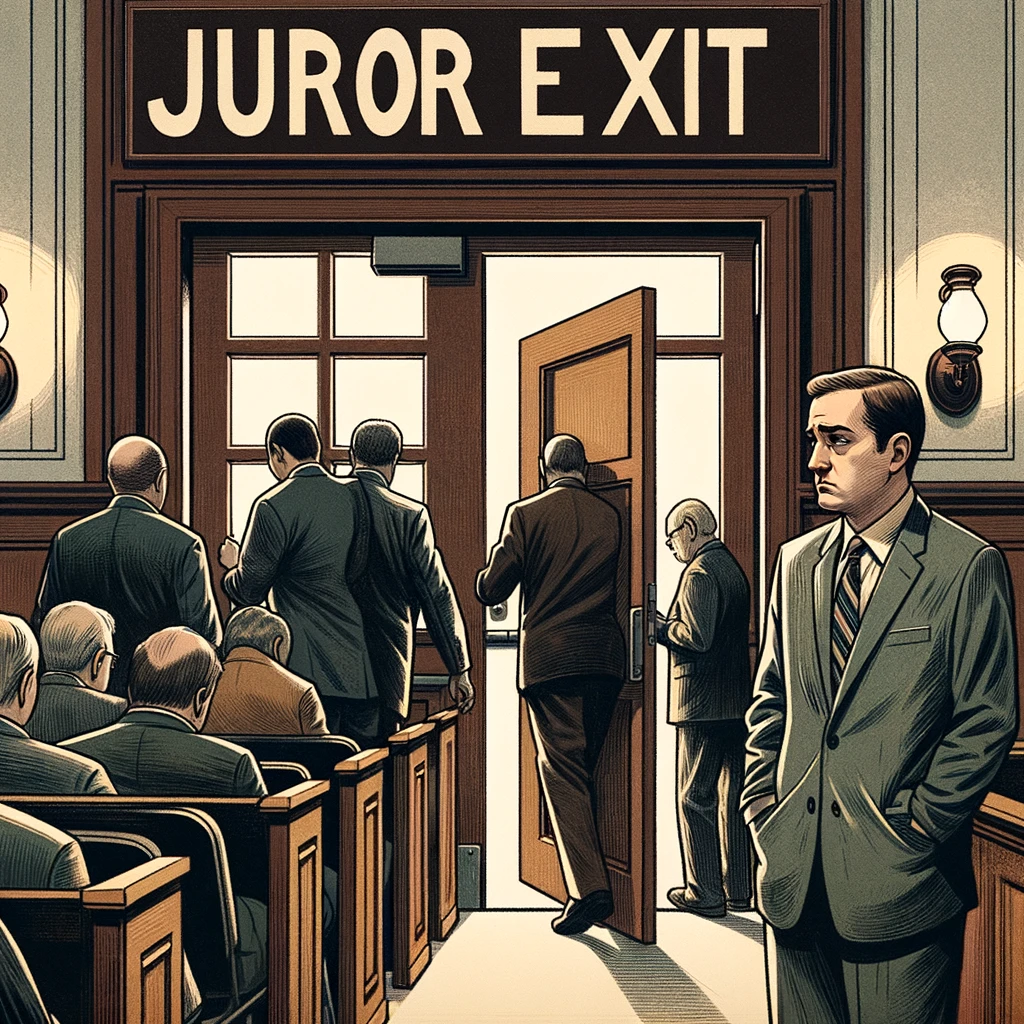
The upshot of the recent Supreme Court decision in TriCoast Builders v. Fonnegra (Feb. 26, 2024 No. S273368) is simple: If you waive your right to a jury, and then the trial court denies your request to set aside the waiver, that is that. While you have a nominal right to seek writ relief, you have no right to a reasoned opinion. And while you have a nominal right to take a direct appeal, the Supreme Court holds you have to establish actual prejudice, which is, as a matter of law, not possible because parties to a bench trial are “presumed [to] enjoy[]” the same benefits as in a jury trial.
General contractor TriCoast sued the homeowner defendant over a building contract. The homeowner demanded a jury trial, but TriCoast never did. On the first day of trial, the homeowner decided to waive jury. TriCoast, having prepared for a jury trial, protested it was supremely unfair to spring that major change at the last minute. TriCoast argued there was no dispute that going forward with a jury trial would not occasion any prejudice to the homeowner, and that should be dispositive.
But there was no dispute that TriCoast had not demanded jury or posted jury fees, and so the trial court denied TriCoast’s request to set aside its waiver.
The Second District panel split, with the majority affirming. Justice Ashmann-Gerst, dissenting, would have held that it is error to refuse to set aside a jury waiver where no prejudice would result, and that the error—affecting the constitutional right to a jury trial—is structural error and thus per se reversible.
The Supreme Court affirmed. Here are the broad strokes:
So the two takeaways are: (1) timely post jury fees; and (2) if you need to seek relief, writ review is your only shot. Writ relief is always a long shot, but cite TriCoast for the proposition that, in the specific case of relief from waiver of the right to jury trial, “the cases recognize writ review as the preferred method for securing an erroneously denied jury trial, because writ review permits the issue to be settled before trial ever begins, thus avoiding repetitive litigation and promoting judicial economy.”
One final point about waiver. Legal writing experts sometimes note that waiver—an intentional relinquishment of a right—is different from forfeiture, which is something overlooked. In fact, Myron Moskovitz recently wrote in the Daily Journal that “I’ve never seen a trial lawyer intentionally fail to present to the trial court an argument that might help the client. In every case I’ve handled, the argument was simply overlooked, not intentionally “waived.” So, the preferred word is “forfeiture.”” But the Supreme Court here says that, when it comes to seeking to set aside jury waivers under section 631, ”both intentional and unintentional relinquishments of the jury trial right are deemed "waivers." Accordingly, courts have used the term "inadvertent waiver" in this context to refer to a mistaken failure to comply with statutory requirements for demanding a jury under section 631, resulting in an unintentional relinquishment of the right to a jury trial.” This vindicates my hunch that you never can tell when a court is going to deem your failure to raise a point, even inadvertently, as a “waiver.”